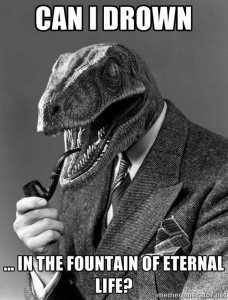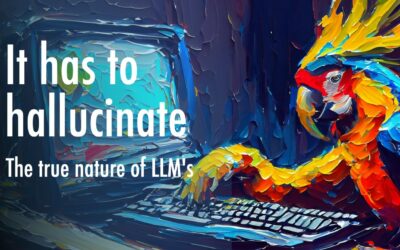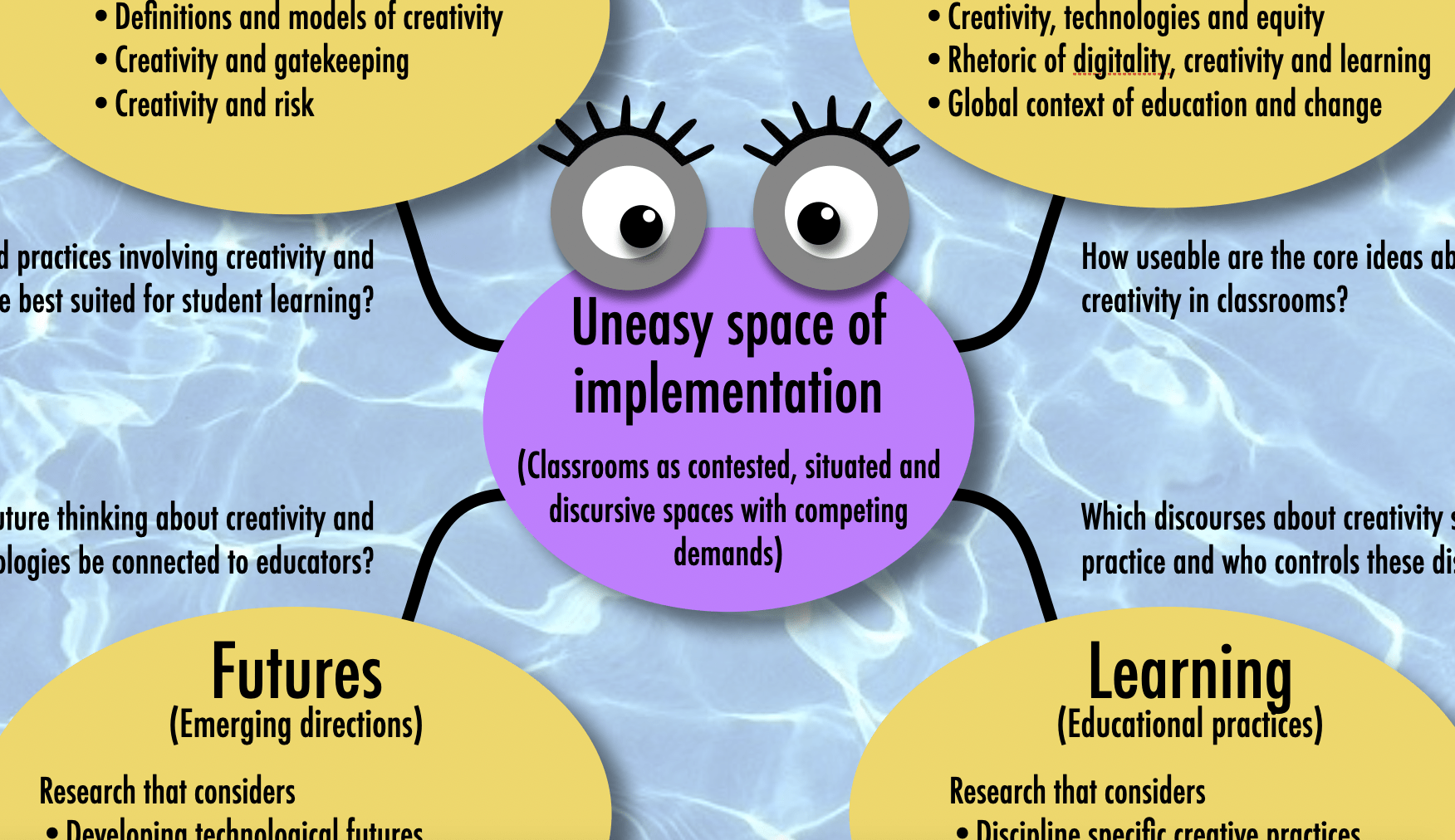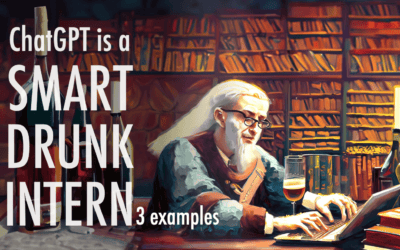I have always loved paradoxes so it is with great pleasure that the fourth article in our series on Art and Math (co-authored with my friend Gaurav Bhatnagar and published by At Right Angles) focuses on paradoxes and visual wordplay. It was great fun coming up with a range of designs on this topic — in fact we had so much material that we had to break it down into two articles.

You can download all of the articles in the series Of Art & Math by following the links below
- Introducing Ambigrams: Blog post | Direct link to PDF
- Symmetry: Blog post | direct link to PDF
- Self-Similarity: Direct link to PDF
- Paradoxes (Part 1): Direct to link to PDF






0 Comments